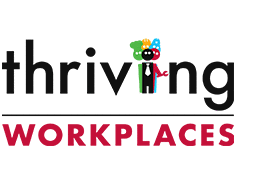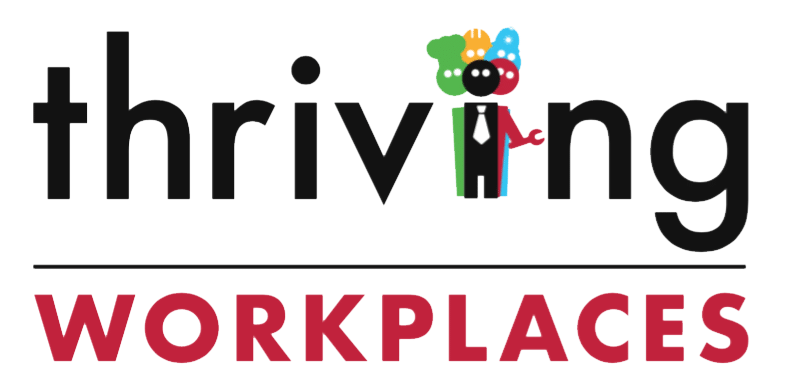
06 Oct Benefits of Talking Therapy: Let’s Talk About It!
You hear that Talking Therapy is commonly prescribed to help support someone with poor mental health/a diagnosis of a mental health disorder but what actually is it? Can talking really help? Read on to find out more.

Talking therapy is a form of treatment that involves talking to a trained professional about your thoughts and feelings. This also includes discussing any behaviours and meanings you associate with certain events.
You may hear many people talk about counselling, psychotherapy, therapy, psychological therapy etc. So, is there any difference? Essentially no, there isn’t much difference at all! They all broadly refer to ‘talking’ about how you are feeling, just in various ways and different environments.
Talking therapies have been known to help individuals with their:
- Mental health concerns
- Mental health diagnosis
- Finances
- Relationships with friends and family
- Breakdown of marriages
- Traumatic events and experiences
- Grief/bereavement
- Dealing with overwhelming and difficult emotions
One form of talking therapy is Cognitive Behavioural Therapy (CBT). CBT works on the basis of identifying an activating life event (otherwise known as a ‘trigger’) and working to reframe the opinions and emotions associated with those ‘triggers’ to future proof our happiness. The ABC model specifically focuses on working with individuals to pair up their beliefs with these triggering events, which may have previously resulted in negative physical and emotional consequences. By talking and allowing individuals to identify the exact thoughts that have accompanied an event, over time people can build awareness, notice any trends or patterns, make links to negative behaviours and recognise any cognitive distortions. Cognitive distortions are unhelping thinking patterns and are very common. Examples of cognitive distortions include:
- Negative mental filters
- Catastrophising
- All-or-nothing thinking
- Jumping to conclusions
- Disregarding the positives in life
- Having very low self-worth
- Emotional reasoning
- Living by ‘should’ statements
A therapist will help you identify what cognitive distortions you feel, why you feel them and at what points do you feel them. A key strategy is to challenge these behaviours with reasonable, balanced, positive and empowering thoughts. By continuously confronting these distortions the negative thoughts will become less automatic and intense, allowing the individual to build a happier life.
Sounds great! But it isn’t for everyone, all treatment pathways are different and are person-focused not symptom based for many, but evidence-based research and techniques suggest talking therapies are a fantastic start in aiding a recovery pathway.


